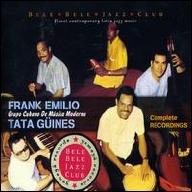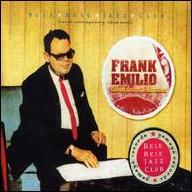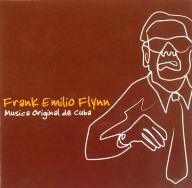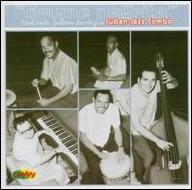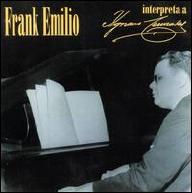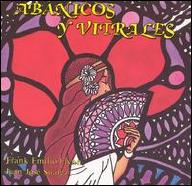During the '40s, Flynn returned to playing music with the band Loquibambia, helping to create and popularize a genre of music called filin, which combined traditional Cuban bolero with U.S. jazz. Despite his success, Flynn was penniless, and was forced to earn extra money by selling cigars to shops on consignment, and at one point was so poor that he was walking the streets of Havana without a cane.
In the '50s, Flynn became a charter member of the Club Cubano de Jazz (a group that played descargas, or jam sessions, raising funds to sponsor visits by jazz colleagues from the U.S.). By the end of the 50s, Flynn was the leader of the Quinteto Instrumental de Musica Moderna, which exclusively specialized in Latin jazz. But Flynn was always interested in other musical forms -- during this time, he began studying classical music. Fellow musician and friend Armando Romeu Gonzalez learned braille so he could assist Flynn in making the first transcriptions of one of his all-time favorite classical composers, Ernesto Lecuona. Flynn also helped other blind musicians by developing a technique of writing music, by "countering their natural tendency to learn by ear."
It wasn't until 1998 that Flynn made his U.S. stage debut, as part of the Jazz at Lincoln Center program (Flynn also issued several solo albums around this time). By the early 21st century, Flynn had relocated to Los Angeles and taught a spring series of classes at the Ensemble of Cal State. On August 23, 2001, Flynn passed away from a heart attack in Havana, Cuba, at the age of 80. ~ Greg Prato, Rovi


